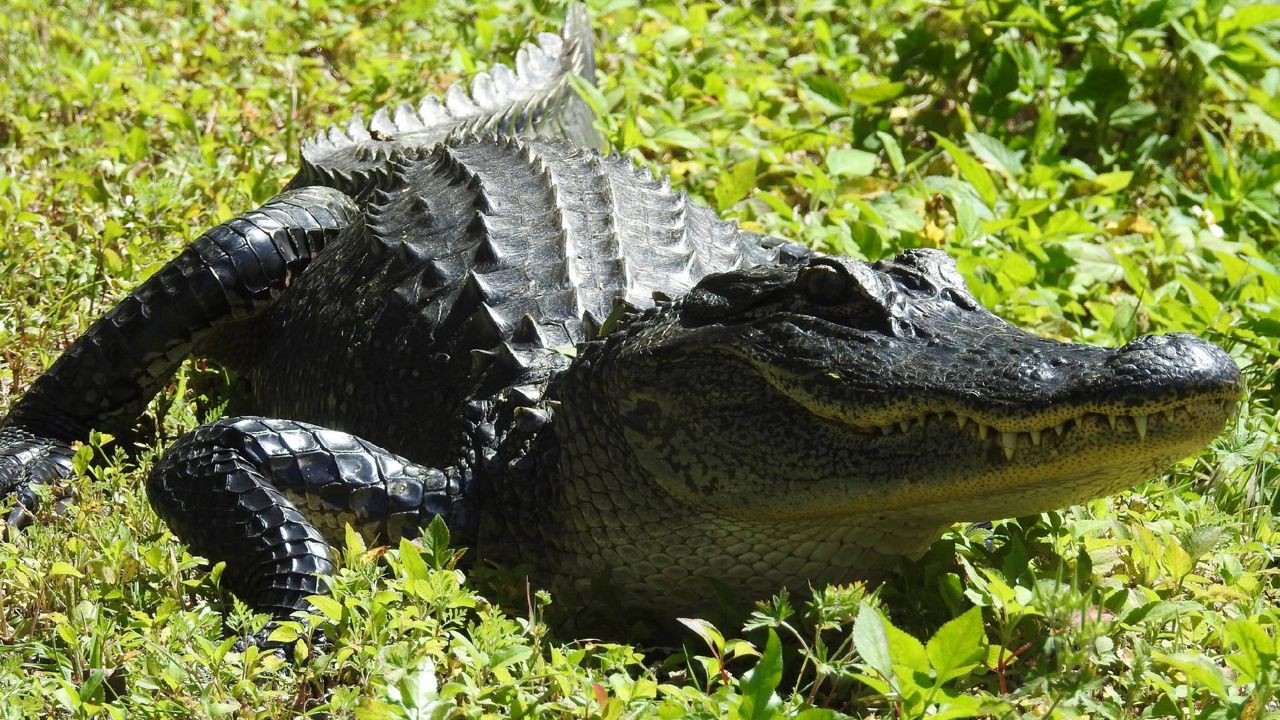You might expect to see alligators roaming around more often than usual, as the weather begins to warm up. Because they will be more active and visible, The Florida Fish and Wildlife Conservation Commission (FWC) recommends taking precautions when in and around the water, and has incorporated additional safety materials including a video and infographic in Spanish.
Serious injuries caused by alligators are rare in Florida, however the FWC recommends the following tips in order to stay safe:
- Keep a safe distance if you see an alligator and never feed one. When fed, alligators can lose their natural wariness and instead learn to associate people with the availability of food.
- Swim only in designated swimming areas during daylight hours. Alligators are most active between dusk and dawn.
- Keep pets on a leash and away from the water’s edge and never let them swim in fresh or brackish water. Pets often resemble alligators’ natural prey.
- Call the FWC’s Nuisance Alligator Hotline at 866-FWC-GATOR (866-392-4286) if you believe an alligator poses a threat to people, pets or property and the FWC will dispatch a contracted nuisance alligator trapper to resolve the situation. The FWC places the highest priority on public safety and administers a Statewide Nuisance Alligator Program (SNAP) to proactively address alligator threats in developed areas, while conserving alligators in areas where they naturally occur.
- Find more resources about living with alligators and Spanish translation information tools at the FWC website.
An estimate of 1.3 million alligators of every size live in Florida. They can be found in freshwater lakes, ponds, swamps and slow-moving rivers in all 67 counties in the state.



